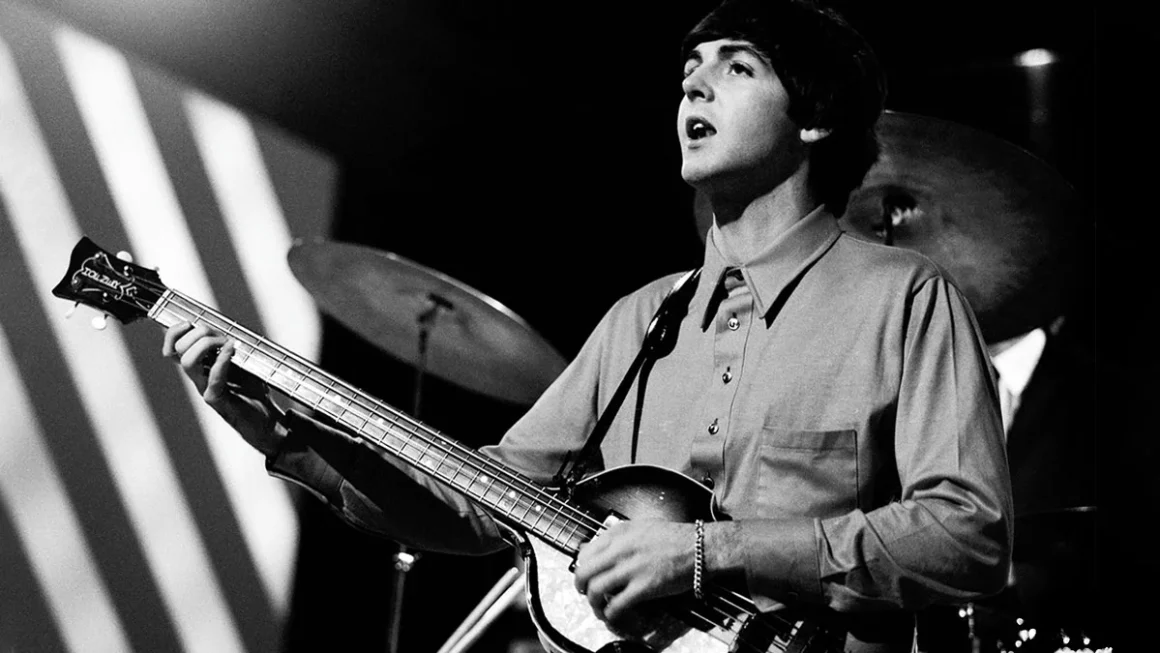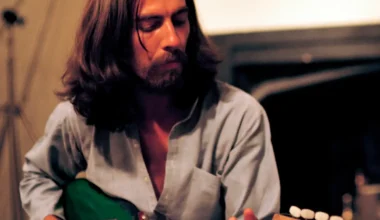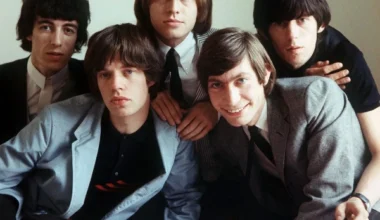Being a rock star isn’t just about fame or having a great voice – it often takes more work, especially when it comes to songwriting. What truly makes a musical icon is their ability to tell compelling stories through lyrics.
Paul McCartney, known for his vivid storytelling, often drew inspiration from real-life experiences throughout The Beatles’ extensive discography.
Some of the band’s most beloved songs, like “Penny Lane” and “A Day in the Life,” are perfect examples of McCartney’s knack for turning everyday situations into captivating tales. But when he ventured into his solo career, he shifted gears and adopted a slightly different approach.
Take “Uncle Albert / Admiral Halsey” from his 1971 album RAM. It’s one of McCartney’s most whimsical and puzzling songs, filled with surreal lyrics and playful imagery.
At first listen, it may seem like a metaphor-laden commentary, with references to tea and “butter pies,” but McCartney revealed in 2021 that the song isn’t meant to be profound. Instead, it reflects his love for surrealism, both in art and in words.
“There’s no meaning behind it,” McCartney said. “I’ve always liked surrealist art, and I also like surrealist words.” He went on to explain how his fascination with surrealism led him to create the nonsensical yet intriguing lyrics.
Admiral Halsey, a historical figure, sparked his imagination, and the phrase “butter pie” became the song’s equivalent of a surrealist art piece.
Unlike his typical love songs or rock anthems, McCartney found joy in writing something abstract for a change. He said that writing surreal lyrics allowed him to have fun and be less serious.
“If you’re not in the mood for writing a love song, then it’s not wise to try and write one, but you might be in the mood to write something a little crazy,” he shared.
McCartney also noted how the zany lyrics influenced his vocal performance. “If the lyrics are a bit zany, then you end up having fun with the vocal, like you’re a character,” he added.
This playful approach to songwriting has been a consistent theme throughout McCartney’s career, from Beatles classics like “Eleanor Rigby” to his solo work. It’s a testament to his mastery of storytelling, imagination, and musical creativity.







